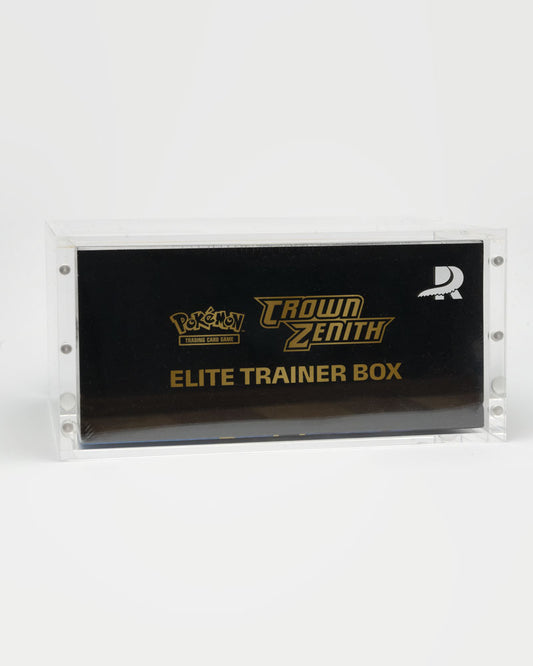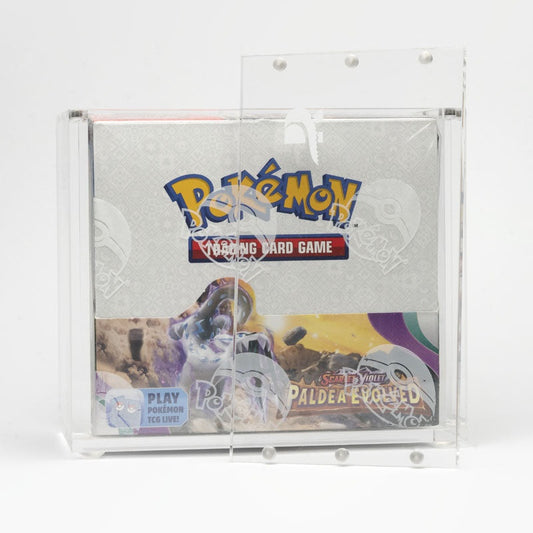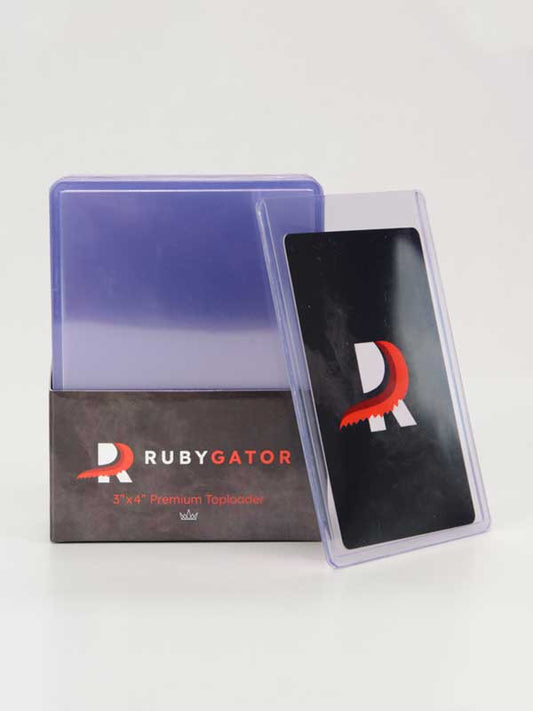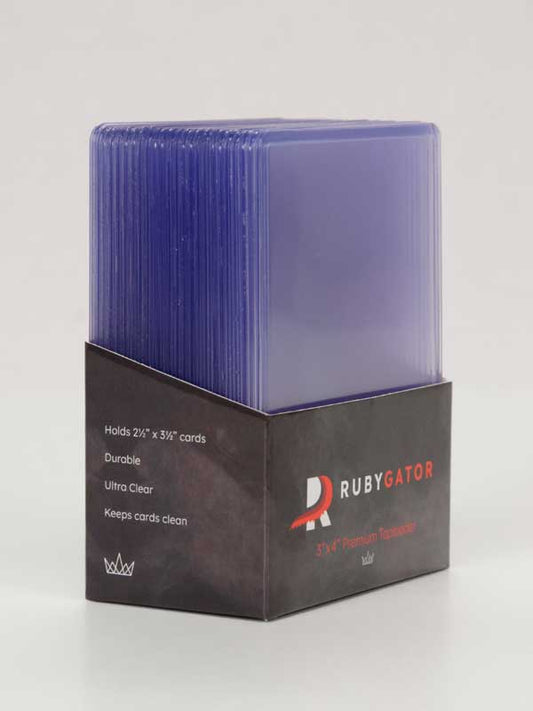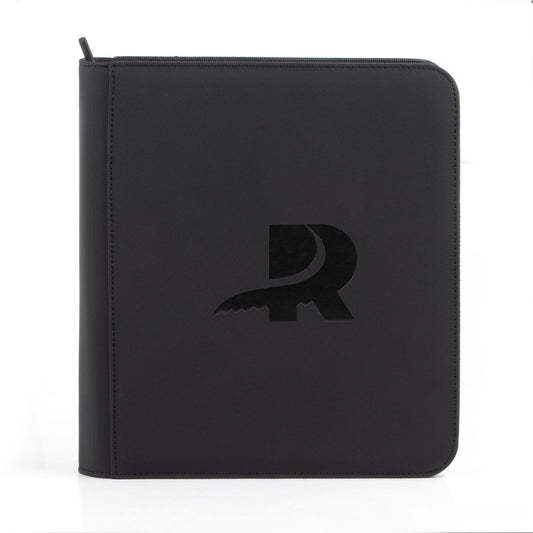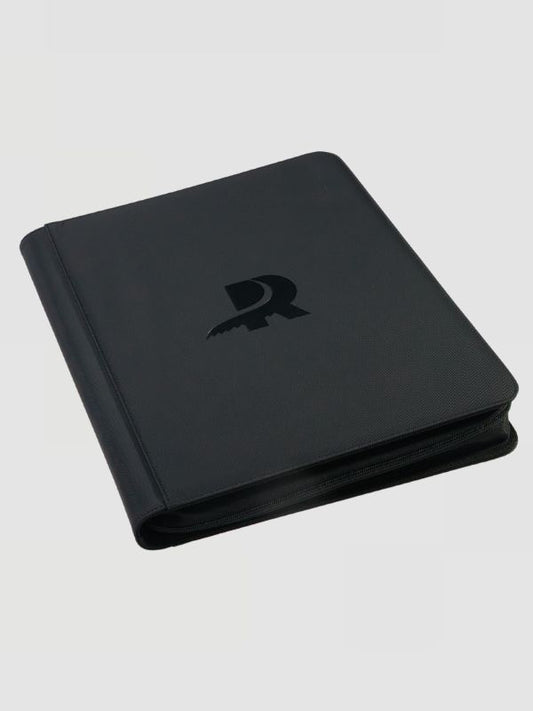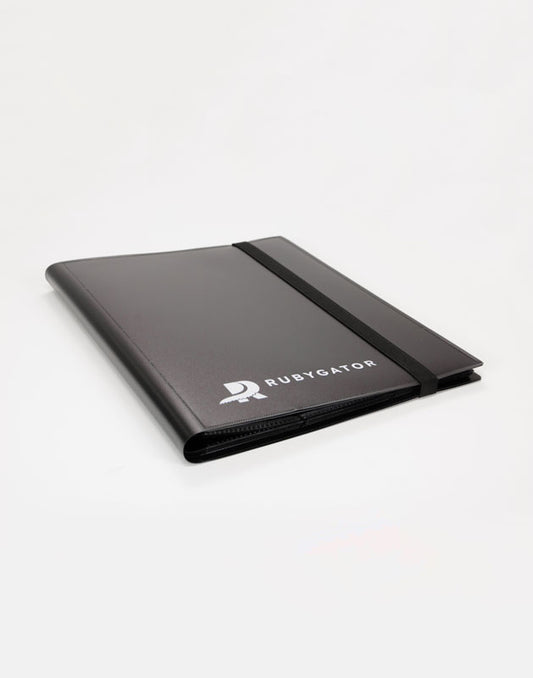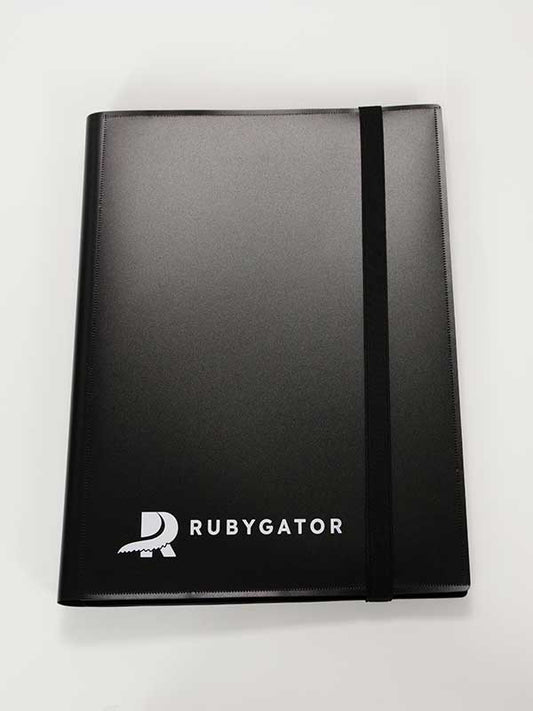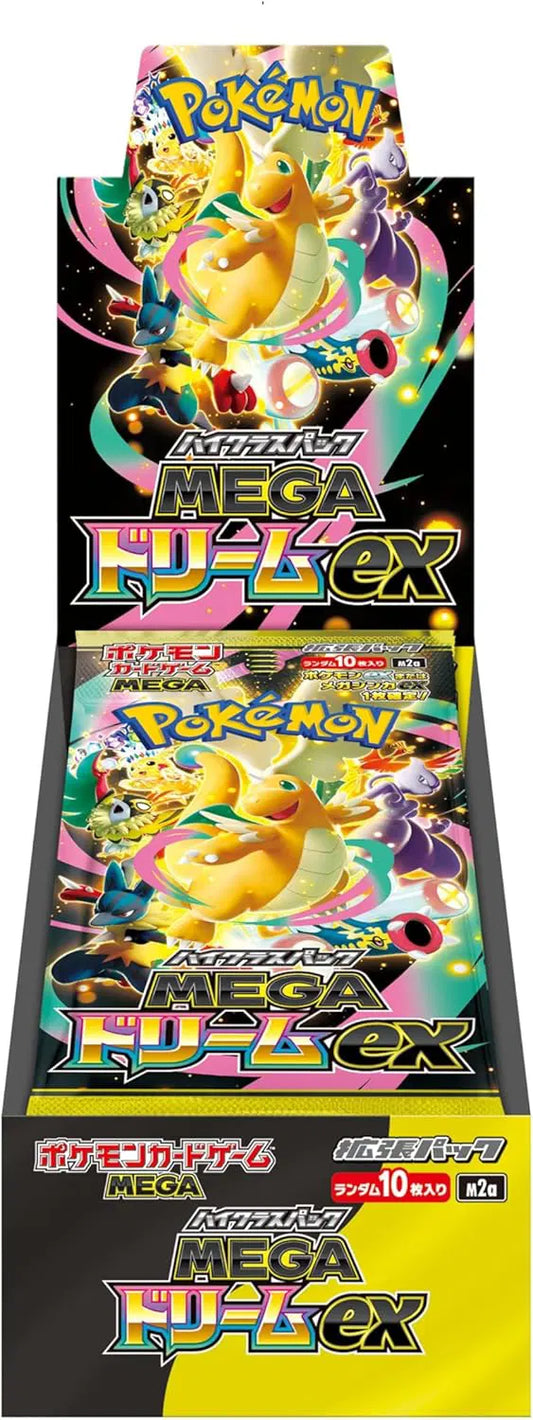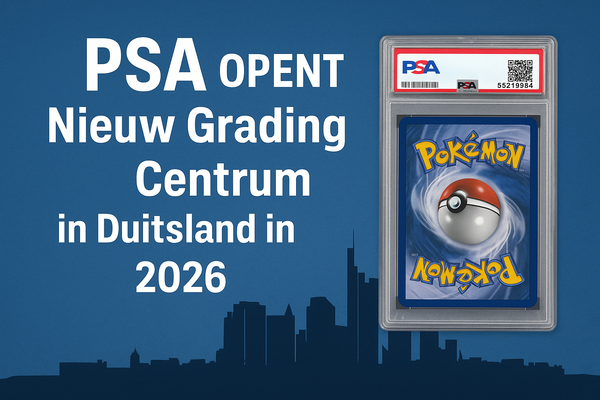
PSA to open new grading center in Germany in 2026 | Big news for European collectors
PSA to open grading facility in Germany in 2026: What we know (and what it means for collectors)
Collectors of sports cards, TCGs (trading card games), Pokémon, Magic: The Gathering, etc., have reason to celebrate: PSA (Professional Sports Authenticator) announced that they will open a full-fledged grading facility in Frankfurt, Germany in summer 2026 .
This will be PSA's first full-scale grading and authentication operation in Continental Europe . For many European collectors, this represents a major step forward; until now, most grading orders had to be shipped to the United States.
What is known so far
Below are the most important facts:
| Feature | Information |
|---|---|
| Location | Frankfurt, Germany. |
| When | The expected opening is summer 2026. |
| What will it do | On-site grading of trading cards; other categories may be processed or shipped, depending on type and size. |
| Cause | The huge increase in international entries and the need among European collectors to reduce logistics, customs and shipping costs. |
| Organization | More than 100 employees will work in customer success, logistics, marketing, and operations. Matthias Peuckert, formerly of DocMorris AG and Amazon EU, will become GM (General Manager) of PSA Europe. |
Why this is important
The arrival of a PSA grading facility in Europe, and specifically in Germany, offers several advantages and challenges for collectors. Here are the most important:
Advantages
-
Lower shipping and customs costs
Until now, cards often had to be shipped from Europe to the US, which meant higher shipping costs, longer transit times, and risks (loss, damage, delays). With a European location, many of these obstacles are reduced or eliminated. -
Faster turnaround time & better service
Because physical grading on-site is possible, maps will likely be processed faster than if they had to be shipped overseas. Customer service in Europe may also be more accessible in terms of time zones and language. -
Better accessibility for European collectors
Not only Germany, but also countries elsewhere in the EU will benefit from having an official PSA grading facility closer to home. This makes grading not only cheaper but also more reliable and transparent (less dependent on international shipping, potentially reducing damage in transit). -
Implications for value & market
When grading becomes easier and more accessible, it can stimulate market growth. Graded cards often have a higher resale value, especially if the grading is recognized by PSA, which has an established reputation.
Challenges / points of attention
-
Starting problems & learning curve
As with any new facility, there are likely to be teething problems: delays, quality control issues, and consistency in the grading process. Collectors will be closely monitoring whether the standards (gem rates, inspection) are consistent with those of PSA's U.S. facilities. -
Cost vs. price
While shipping costs will decrease, we'll have to wait and see what the pricing will be for grading in Europe (including importing materials, labor costs, etc.). It's possible that certain services or high-value items will remain more expensive or require special processing. -
Regulations, customs & taxes
Even within the EU, there can be complexities regarding importing components, cross-border shipping, and so on. However, the fact that the facility is located in the EU helps considerably. Customs tariffs and import issues become less problematic compared to shipping to the US. -
Competition & alternatives
Other grading companies like Beckett, CGC, and local European players will likely also benefit from or respond to this development. It can be quite interesting for collectors to compare different options.
Potential impact on the Dutch market
As a Dutch citizen, this development also has concrete advantages:
-
You may no longer need to forward cards to the US; shipping costs, risks, and processing time are reduced.
-
Potentially lower shipping costs within Europe → interesting for collectors groups, shops, fairs.
-
Increased reliability/confidence in graded cards on the Dutch market → potentially a price-enhancing effect on high-quality cards.
-
Potential increase in volume, which may lead to discounts or more efficient services for frequent collectors.
What we don't know yet
There are still a few things that PSA has n't clarified yet (or for which I couldn't find sources):
-
What will be the full price list for the different gradings in Europe (bulk, regular, premium services etc.).
-
What the capacity limits will be: how many cards can they process per week/month in the initial phase.
-
How exactly the quality / “gem rate” will compare to the US facilities.
-
Whether all types of services (e.g., autograph verification, memorabilia, photos, special items) will be processed directly in Frankfurt, or whether certain specialized items will have to be sent to the US or elsewhere for the time being.
Conclusion
The planned PSA grading facility in Frankfurt in 2026 is a major milestone for the European collector scene. It promises lower costs, faster service, and greater accessibility. For the Dutch market, the benefits are clear: less hassle, lower shipping costs, and potentially better market prices for graded cards.
A tip for collectors: keep a close eye on PSA news sources (their website, social media) for updates on prices, opening hours, and what's already working locally (bulk submissions, autogras, etc.). For those who want to have their cards graded now: it might be worth waiting until the Frankfurt location is fully operational, as the difference can be significant.

